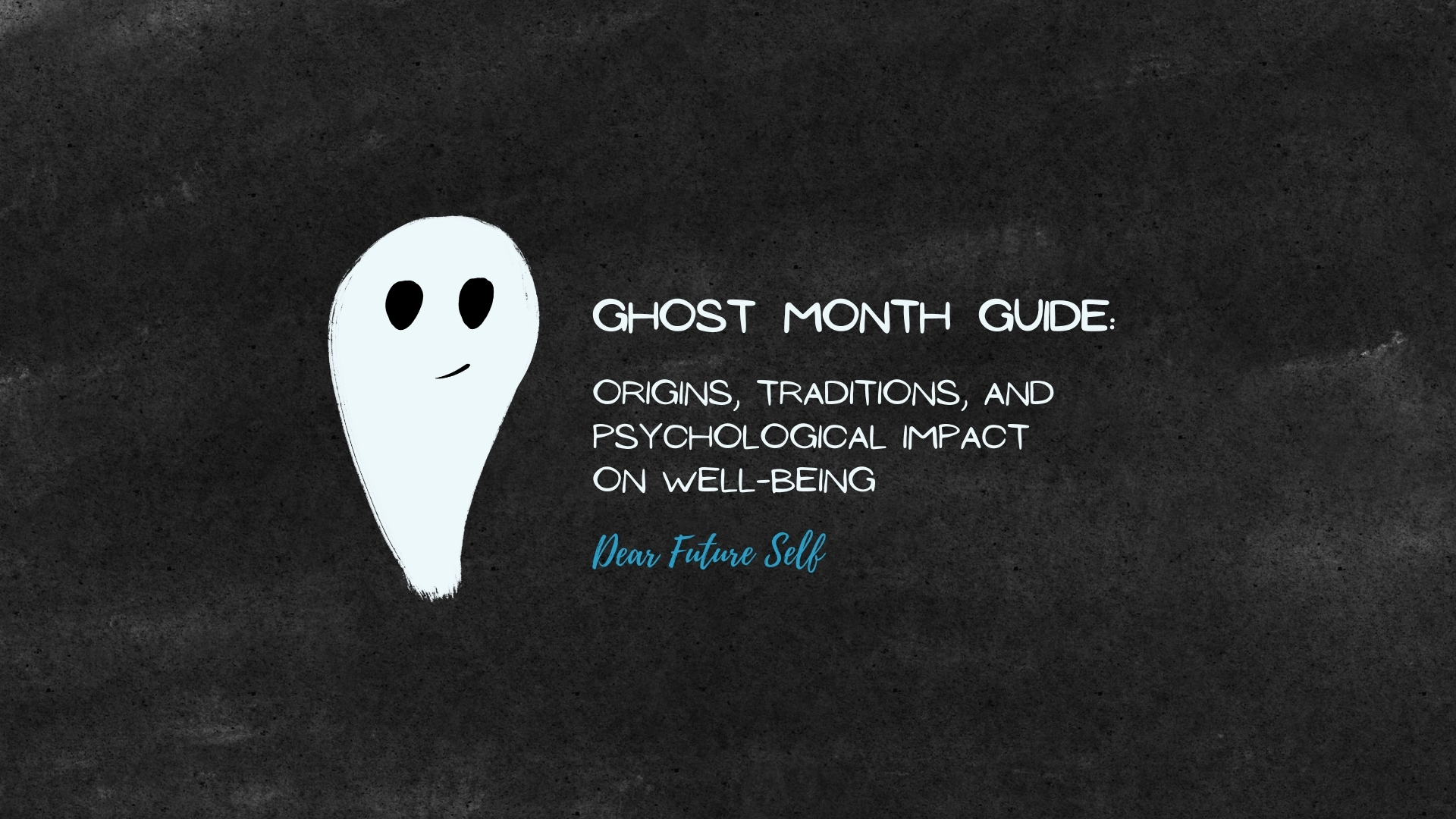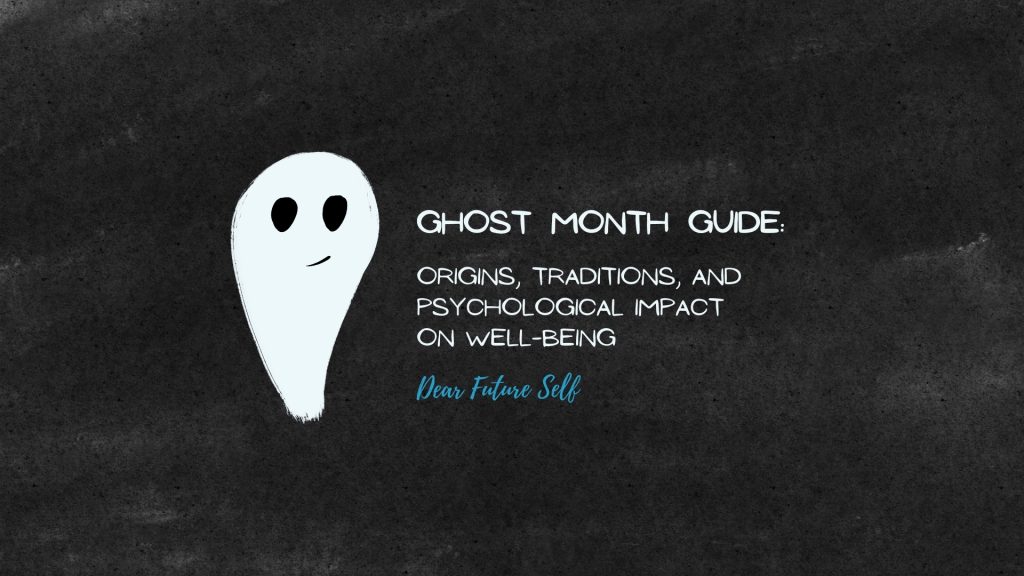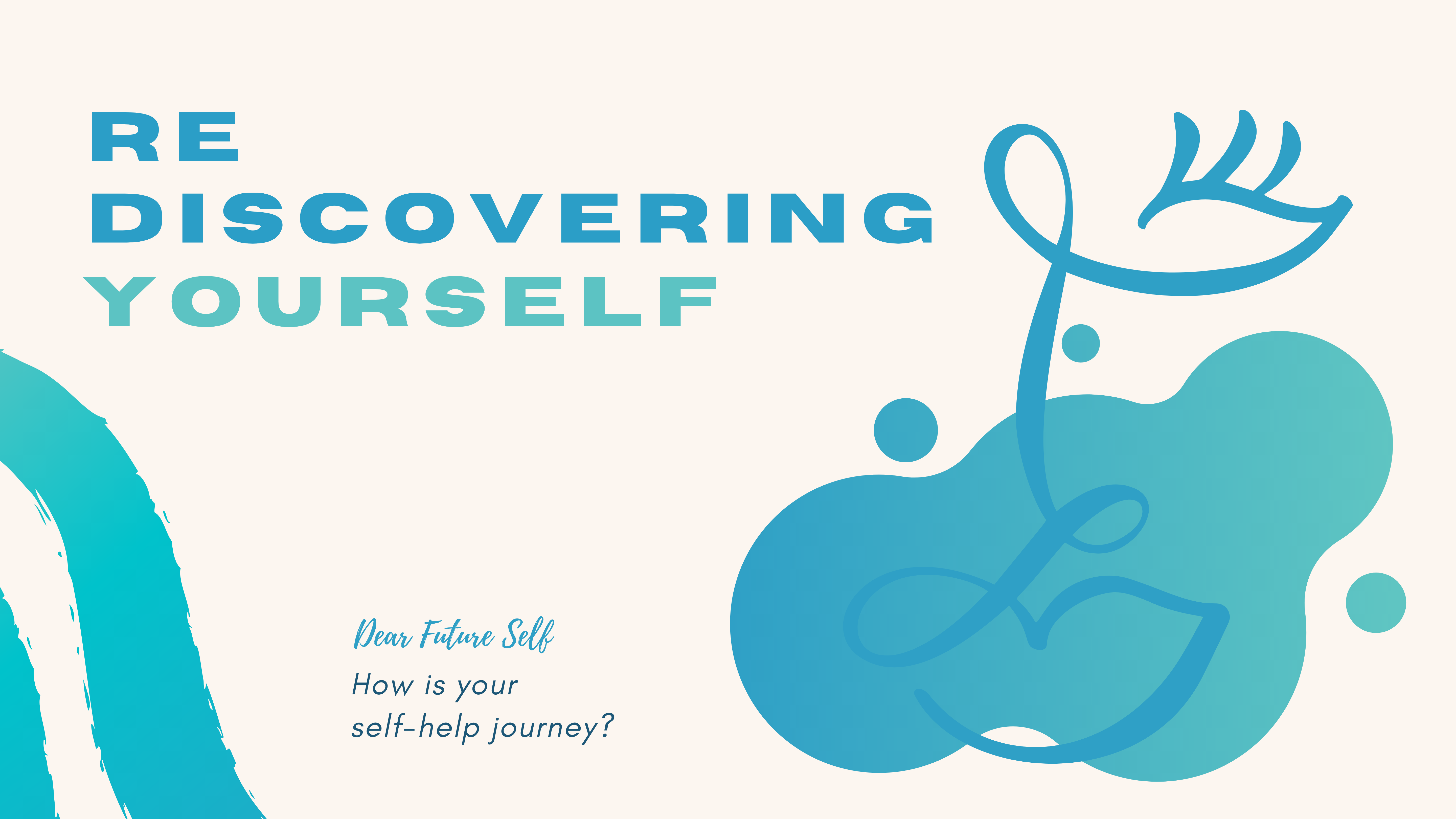
23 Aug Ghost Month Beliefs and Mental Health Insights
Ghost Month Guide: Origins, Traditions, and Psychological Impact on Well-Being
The Ghost Month, often observed in many Asian cultures, is traditionally believed to be a time when spirits roam the earth, bringing caution and fear. While these beliefs are deeply cultural, they can also influence our mental and psychological health. The sense of uncertainty, restrictions, and heightened worries during this period may lead to stress, anxiety, or even decision-making paralysis. For some, it can be a reminder of loss or mortality, while for others, it may bring comfort in honoring traditions. Understanding these psychological effects helps us approach Ghost Month with mindfulness and balance.
Origins & Beliefs That Gave Rise to Ghost Month
Buddhist Roots
Ghost Month is deeply tied to the Ullambana (Yulanpen) Sutra story: Maudgalyāyana (Mulian), a disciple of Buddha, sees his deceased mother reborn as a hungry ghost, suffering in the netherworld. His efforts to rescue her lead Buddha to establish an annual observance…the 15th day of the 7th lunar month during which offerings are made to relieve suffering spirits.
Taoist and Folk Influences
Meanwhile, Daoist tradition speaks of the Three Officials, especially the Earthly Official (Diguan), whose birthday falls on this same 15th day. More broadly, folk customs imagine that during this month, spirits roam free: ancestors may visit, but so do malevolent or restless souls. Hence, the living engage in rituals both to appease benevolent spirits and to ward off the malicious ones
Fil-Chi Community: Observances & Practices
Within the Filipino-Chinese community, Ghost Month is observed much as in broader Chinese settings, albeit sometimes adapted to local Filipino sensitivities:
- Offerings and Rituals: Families set up altars at home with food, incense, candles, and paper effigies (houses, clothes, money) all burned as spirit offerings to support ancestral spirits
- Ghost Day / Zhongyuan Festival (15th day): Observers make more elaborate offerings, often as rituals intensified into community gatherings or temple rites.
- Avoidance of Major Life Events: Starting a business, moving into a new house, considering marriage, or undergoing surgery are typically postponed to avoid “inauspicious” energy.
- Taboos Ensuring Safety: People avoid swimming, going out late, hanging laundry overnight, picking up items from the ground, whistling at night, or turning around if someone calls your name…all thought to attract unwanted spirits.
- Cultural Entertainment: In places like Singapore (and sometimes Manila), Getai performances or street opera/song shows are held to entertain both spirits and the living. The front rows are traditionally left empty as they are thought reserved for ghostly guests
Common Beliefs & Psychological Implications
Core Beliefs
- Ghost Month is seen as a time when the barrier between living and dead thins, ancestors return, but so may hungry or vengeful spirits.
- Offerings are a way to show filial piety, draw merit for ancestors, and protect oneself from misfortune
- Taboos aren’t just superstition. They’re cultural practices shaped by centuries of caution, aiming to reduce anxiety and avoid perceived spiritual harm.
Psychological Health Lens
Ghost Month influences our mental and emotional well-being in different ways. For some, the belief that unseen forces are at play can increase anxiety around uncertainty, especially among children or sensitive individuals. At the same time, performing rituals offers a form of coping and structure, providing people with a sense of control during an unpredictable period. Community offerings and family practices encourage social cohesion and meaning-making, helping individuals face existential concerns while fostering belonging. Even traditional taboos like avoiding late nights or postponing big decisions can be reframed as guidance and resilience, serving as indirect protective advice rooted in cultural wisdom.
What You Can Do to Stay Grounded
- Practice mindfulness and self-care: Use meditation, journaling, or relaxation techniques to calm your thoughts and reduce stress.
- Strengthen social connections: Share meals, conversations, or rituals with family and friends to create comfort and belonging.
- Engage in safe, creative activities: If traditions discourage risk-taking, channel your energy into hobbies, personal projects, or learning.
- Cultivate gratitude: Reflect on life’s positives to shift focus from fear toward appreciation and hope.
- Honor traditions meaningfully: Light incense, offer prayers, or perform rituals in ways that feel authentic and supportive to you.
- Seek balance: Respect cultural beliefs while protecting your mental health and emotional well-being.
By treating Ghost Month as a period of reflection and self-care rather than just fear, you can keep your mind calm and protect your mental health.
Ghost Month isn’t just a spiritual phenomenon. it’s a cultural cycle that has psychological significance. While the dates change yearly, the consistent devotion, caution, and communal rituals help ground people emotionally through the “scarier” part of the lunar year. By understanding the traditions and psychological meaning of Ghost Month, you can honor your culture, protect your well-being, and create peace of mind for your ![]()
Gift Certificates & Self-Care Package
Connect with Us





